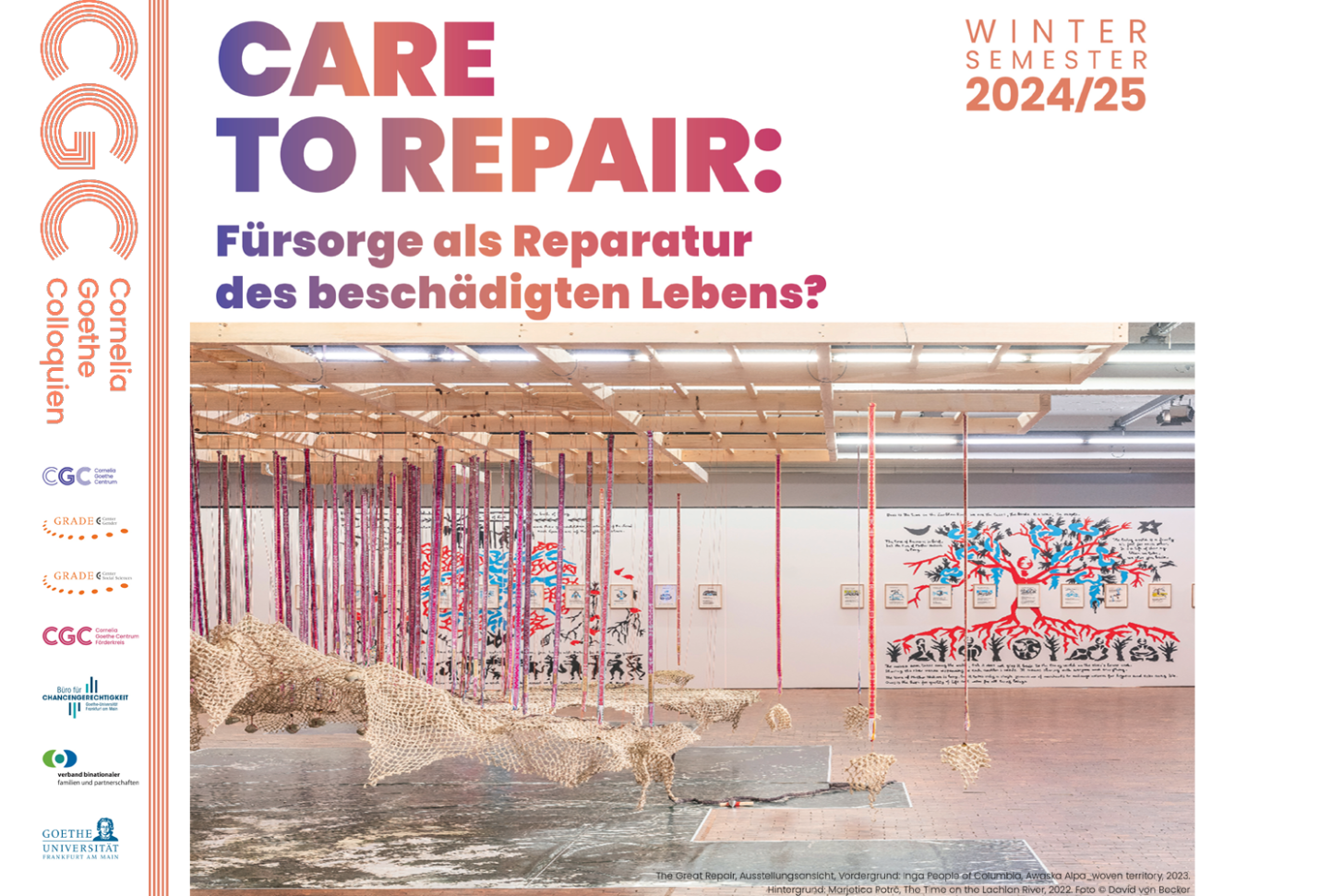
In this talk, Inga Haese and Mike Laufenberg discuss the conditions of care in rural areas in East and West Germany. Both practices of caring for people and practices of caring for nature(s) will play a role. These practices take on particular significance in the context of care economies or care commons in rural, structurally weak areas. The focus is on regions characterised by high rates of poverty, long-term unemployment, deficient public infrastructures and the erosion of local networks through migration and displacement. In this context, class relations play an important role not only as a social-structural category, but also as relations of domination through which capitalist care relations are reproduced. But can care work in this context also take on the function of repair? Wherever the social state has retreated under the conditions of a shortage of skilled labour and increasing economisation, care work is not only increasingly privatised, but also practised in care commons, which can open up new transformative spaces. Starting from this diagnosis, the transformative potential of care-centred developments in rural areas will be explored. Despite all their ambivalences, such movements irritate the rigid dichotomies that shape our thinking about the dynamic metropolis and the degraded countryside.
Dr Mike Laufenberg is Professor of Sociology with a focus on gender and sexuality at the Fulda University of Applied Sciences. His research focuses on poverty and inequality, gender and queer studies, and critical social theory. From these perspectives, he has long been concerned with social reproduction and care relations, and for some years now also with a focus on rural peripheries.

© Kirsten Breustedt
Inga Haese, Prof. Dr., teaches and researches at the Katholische Hochschule für Sozialwesen in Berlin. She has been a research fellow at the Thünen Institute for Regional Development, the University of Kassel, and the Hamburg Institute for Social Research. Her research focuses on the economics of care in rural areas, the sociology of gender relations and intersectional inequalities.

